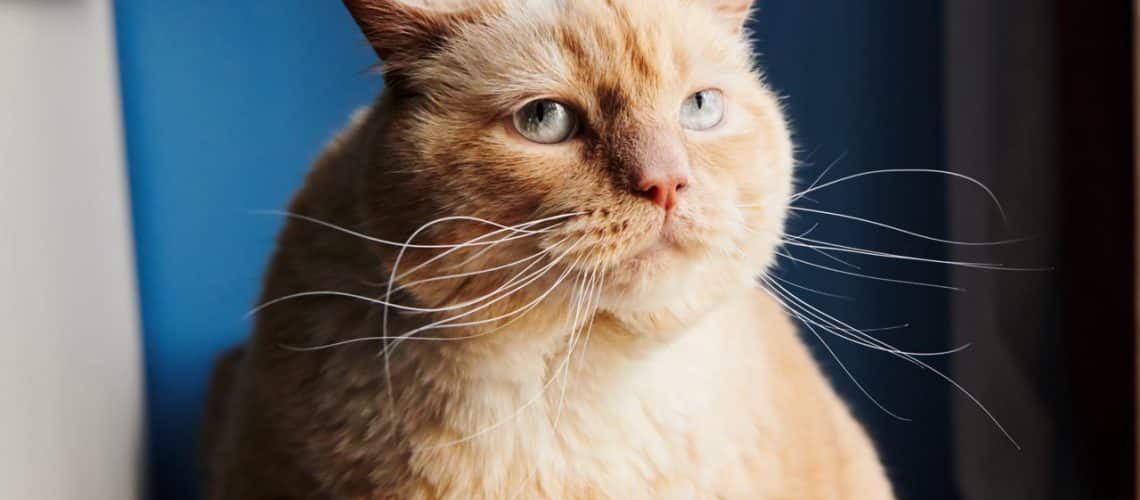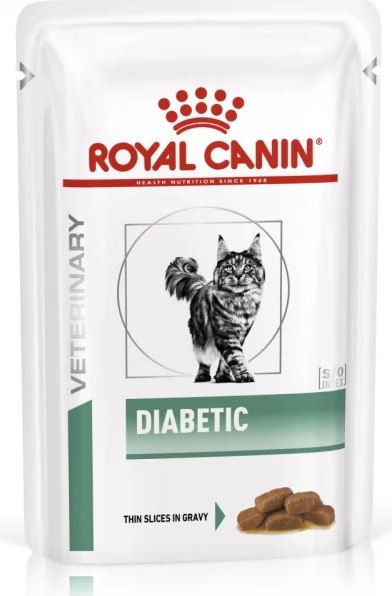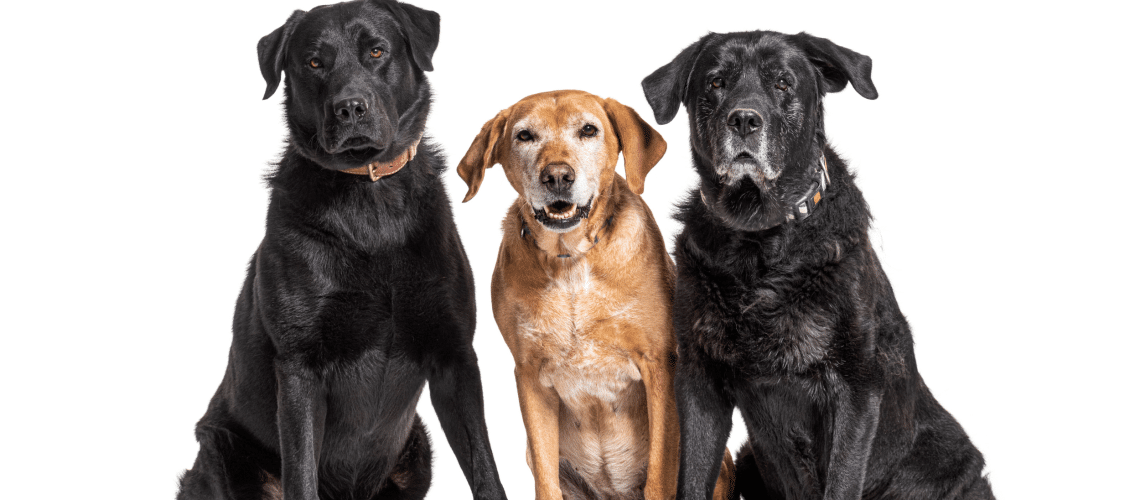Diabetes mellitus, or diabetes, is a common condition in older cats. As in humans, diabetes in cats can cause serious health problems if not treated appropriately.
Symptoms of diabetes in a cat
Recognizing the symptoms of diabetes in cats is crucial for early diagnosis and treatment. Some common symptoms of diabetes include:
1. Excessive thirst
Excessive thirst, also called polydipsia, is a common symptom of diabetes in cats. Cats with diabetes often drink a lot of water and are constantly thirsty. They may drink more water than normal.
The amount of water a cat needs per day can vary depending on several factors. Including the cat’s size, age, health status and diet.
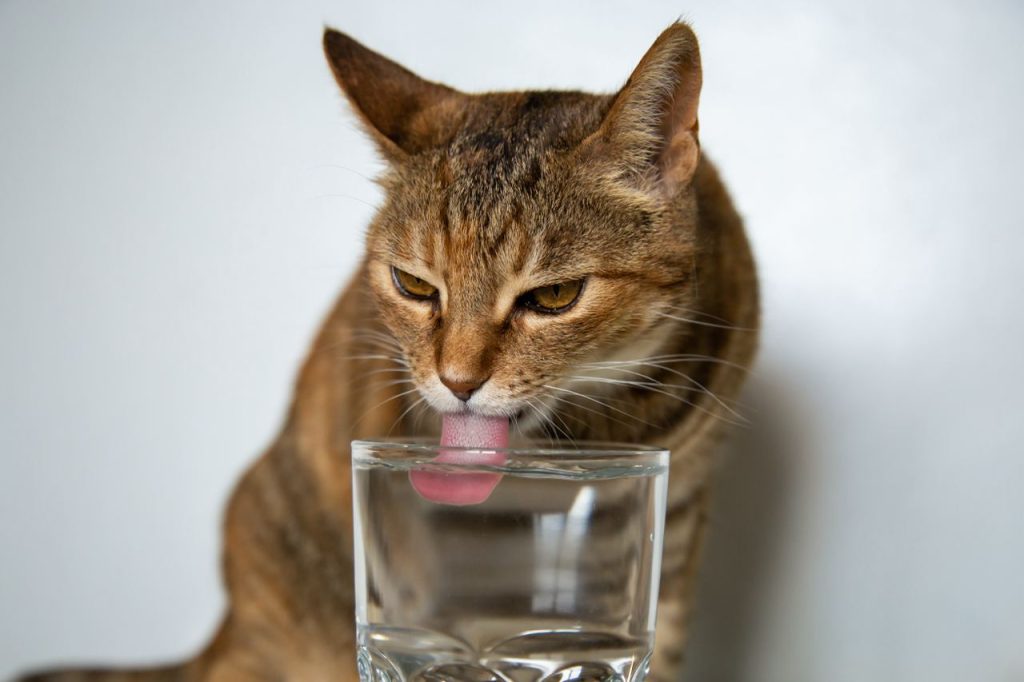
2. Urinating more frequently
Polyuria, or urinating more often than normal, is another symptom of diabetes in cats. This is because high blood sugar prompts the kidneys to produce more urine.
3. Increased appetite, but weight loss at the same time
Cats with diabetes may experience an increased appetite but nevertheless lose weight. Cats are constantly hungry because their cells cannot absorb enough glucose. As a result, their bodies break down fat and muscle protein to get energy.
4. Lethargy and fatigue
Lethargy and fatigue are common symptoms in cats with diabetes. The cells do not absorb enough glucose. As a result, the cat does not have enough energy. This causes weakness and fatigue in the cat.
5. Poor coat condition
Poor coat condition can also be a sign of diabetes in cats. When a cat’s glucose levels are disrupted, their skin can become dry and flaky. This can lead to a dull and lifeless coat.
6. Vomiting
Vomiting can occur in cats with diabetes, especially if the condition is not treated properly. This can occur when the metabolism becomes impaired. This can also occur when the digestive system becomes disturbed. The disturbance is caused by excess sugar in the blood.
7. The presence of glucose in the urine (detectable by the veterinarian).
Glucose in the urine of cats is called glucosuria. Glucosuria can be a sign of diabetes. Therefore, finding glucose in cats’ urine is important for diagnosing diabetes.
A veterinarian can check the cat’s urine for sugar. This helps to see if the cat has diabetes. The veterinarian can also determine how severe the diabetes is.
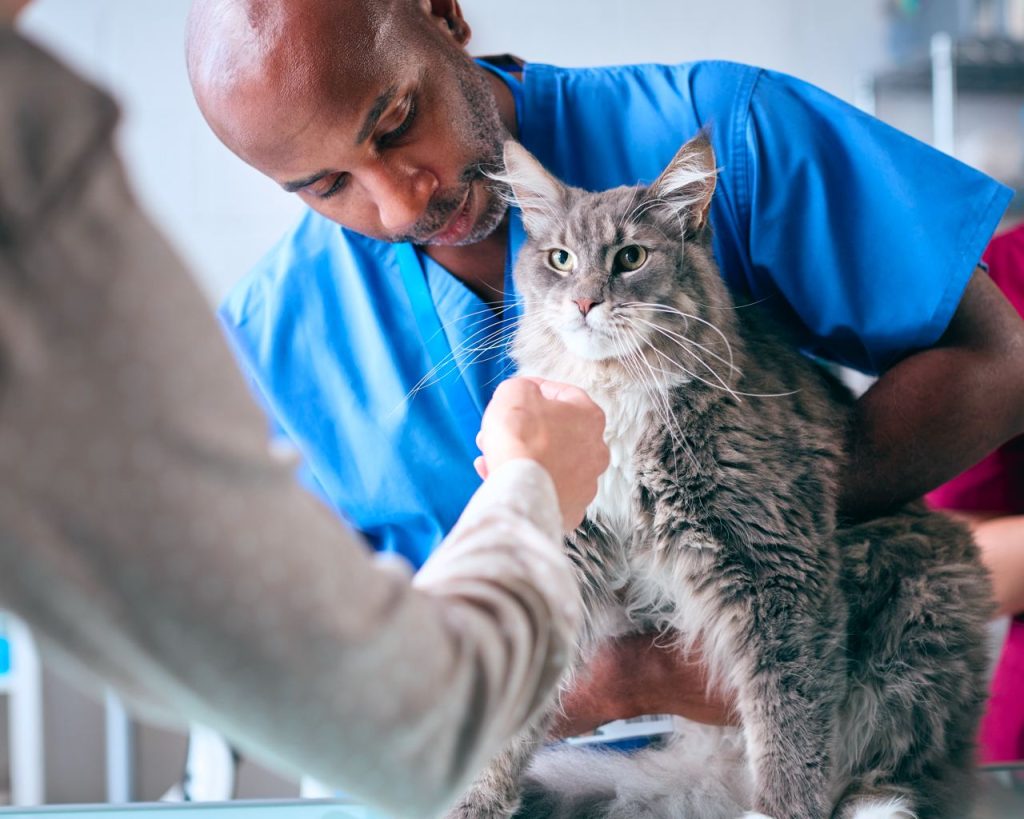
If your cat has these symptoms, it is very important to get to the vet quickly. The veterinarian will perform a check-up. The veterinarian will also make a diagnosis.
Cause of diabetes
The cause of diabetes in cats often lies in a dysfunction of the endocrine system. A cat does not have enough insulin. Or the body’s cells do not respond properly to the amount of insulin. As a result, sugar levels in the blood become disrupted.
Insulin, a hormone produced by the pancreas, plays a crucial role in regulating blood sugar levels. It helps cells remove glucose from the blood so they can use it as a source of energy. Diabetes in cats occurs when the pancreas does not produce enough insulin. This is called 1 type of diabetes.
It can also happen when the body’s cells start not responding properly to insulin. This is called type 2 diabetes. This keeps too much glucose circulating in the bloodstream, leading to high blood sugar levels.
Diabetes in cats can be caused by several factors. Genetic predisposition is one such factor. Obesity can also contribute to the development of diabetes in cats. Little exercise in a cat also plays a role.
The use of wrong medications can also cause diabetes in cats. The cat can develop diabets if its endocrine system is disrupted by a combination of these factors.
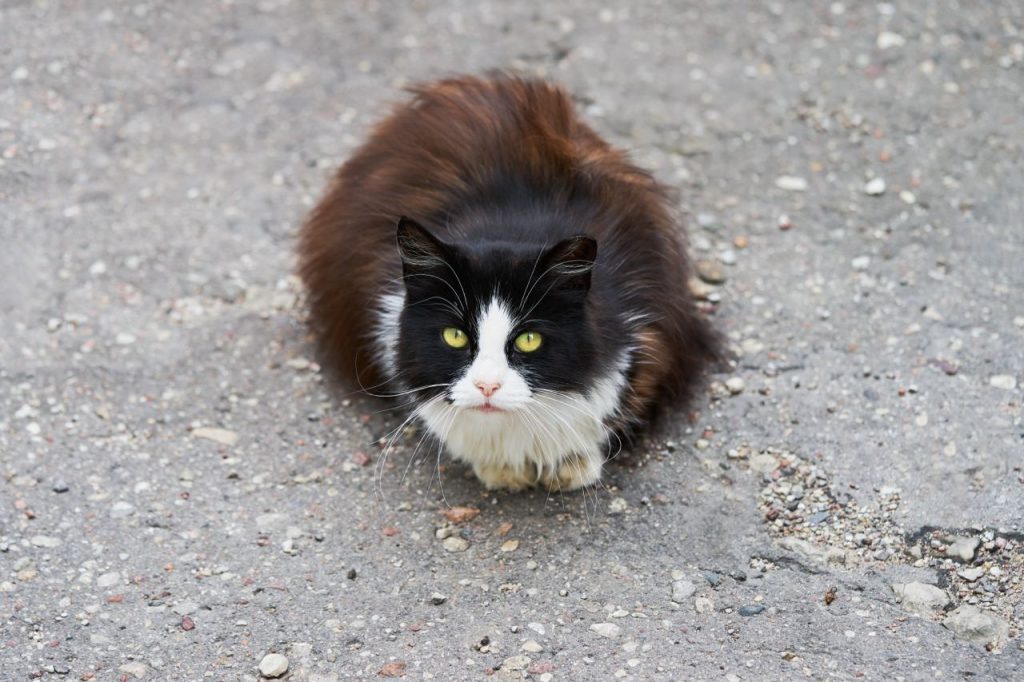
It is important to understand how insulin works. It is also important to understand what causes diabetes in cats. That way you can properly treat and control this condition.
Best wet food nutrition for cats with diabetes
Nutrition plays a crucial role in the treatment of diabetes in cats. A diet high in high-quality protein and low in carbohydrates can keep a cat’s blood sugar stable.
Many people choose wet food over dry food. Wet food usually contains more protein and fewer carbohydrates. Using wet food nutrition early can also prevent diabets in cats.
One of the most recommended wet food options for cats with diabetes is Royal Canin Diabetic Cat. This food is specially formulated. It is designed to regulate blood sugar levels. It can help manage diabetes symptoms in cats.
Royal Canin Diabetic is made for cats with diabetes. It contains a balanced blend of nutrients to meet their needs. Veterinarians around the world often recommend this food. This food is frequently recommended by most veterinarians.
It is important to discuss your cat’s diet during a vet consultation. This should be done before switching to a new type of food. This is true even if it is a specially formulated product such as Royal Canin Diabetic for cats.
Every cat is unique. Each cat has different nutritional needs. So it is important to have a personalized plan. This plan is for the effective treatment of diabetes.
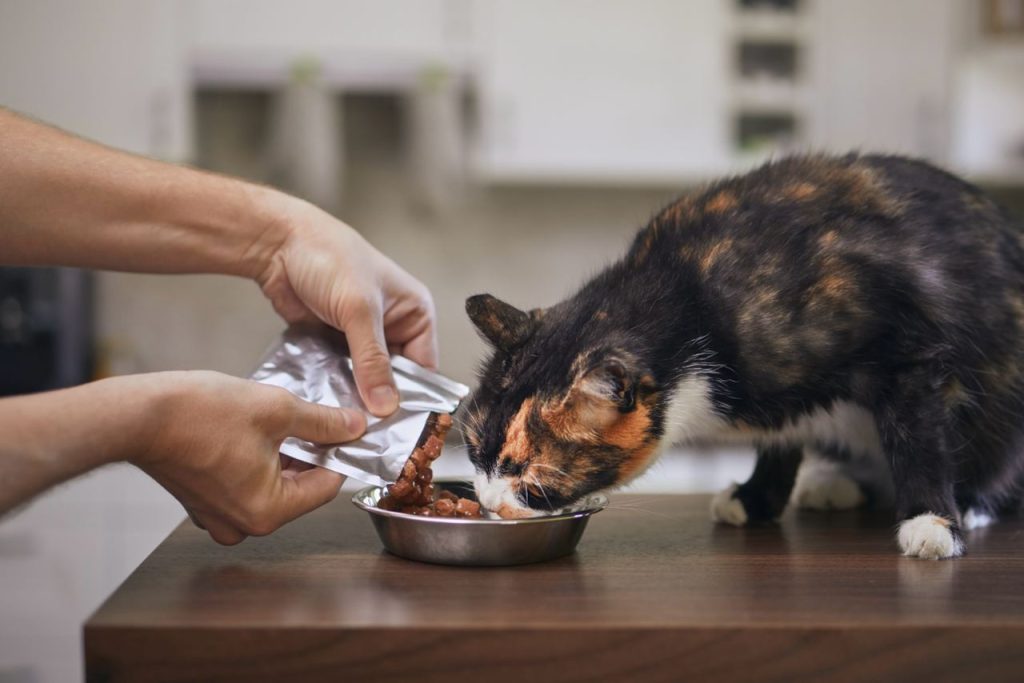
The role of cat insurance
The role of cat insurance
To promote your cat’s health, it is wise to purchase cat insurance. Cat insurance can help cover the cost of vet consultations, medications and other medical treatments. This can be helpful in treating conditions such as diabetes. Regular monitoring and medication are essential for these conditions.
Getting insurance for your cat can save you money for unexpected medical expenses. You can also use it to ensure that you can treat a sick cat. All without worrying about the cost.
An insured cat can help reduce stress. This happens when making health care decisions for your pet, such as cats with diabetes.
When you purchase pet insurance, you ensure that your pet receives the best care. Along with healthy food and enough exercise, your cat can live a happy and healthy life. Even if he has diabetes. So your cat can live a happy and healthy life, even if he has diabetes.

